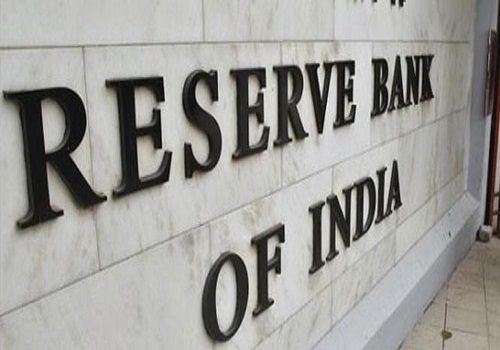Oil rises after strikes on Houthis; US yields fall following PPI

Oil prices gained on Friday as some oil tankers diverted course from the Red Sea after overnight strikes by the U.S. and Britain on Houthi targets in Yemen, while U.S. Treasury yields eased on news that U.S. producer prices unexpectedly fell in December.
Wall Street stocks closed nearly flat after moving between modest gains and losses during the session. U.S. earnings season unofficially began, with major U.S. banks reporting lower profit on Friday in a quarter hit by special charges and job cuts and signs some consumer loans are starting to sour.
Even as its quarterly profit fell, JPMorgan Chase reported its best-ever annual profit and forecast higher-than-expected interest income for 2024. Its shares fell 0.7%, and an S&P 500 bank index dropped 1.3%.
American and British warplanes, ships and submarines launched dozens of air strikes across Yemen overnight in retaliation against Iran-backed Houthi forces for attacks on Red Sea shipping. The move widened a conflict stemming from Israel's war in Gaza.
Brent crude futures rose 88 cents, or 1.1%, to settle at $78.29 a barrel. The session high was more than $80, highest this year so far. U.S. West Texas Intermediate crude futures climbed 66 cents, or 0.9%, to settle at $72.68, paring gains after touching a 2024 high of $75.25.
The U.S. PPI data raised expectations of an early U.S. interest rate cut from the Federal Reserve. The producer price index for final demand dipped 0.1% last month as the cost of goods declined, while prices for services were unchanged, which bodes well for lower inflation in the months ahead.
Data on Thursday showed U.S. consumer prices rose more than expected in December.
"Markets are shrugging off yesterday's CPI report since the underlying inflation trend is improving and the Fed can legitimately consider cutting rates this year," Jeffrey Roach, chief economist for LPL Financial in Charlotte, North Carolina, wrote. "The inflation pipeline is clearing and consumer prices will gradually get to the Fed's 2% target."
U.S. two-year Treasury yields dropped to their lowest since May at 4.119% in the wake of the PPI data. They were last down 11.8 basis points (bps) at 4.142%. For the week, two-year yields, which reflect rate move expectations, were down 13.1 bps, their worst weekly showing in a month.
The benchmark 10-year yield slid to a one-week trough of 3.916%, and was last at 3.955%, down 1.7 bps.
The U.S. rate futures market has priced a nearly 80% chance of a rate cut at the Fed's March policy meeting, up from 71% late on Thursday, according to LSEG's rate probability app.
The Dow Jones Industrial Average fell 118.04 points, or 0.31%, to 37,592.98. The S&P 500 gained 3.59 points, or 0.08%, at 4,783.83 and the Nasdaq Composite rose 2.58 points, or 0.02%, to 14,972.76.
For the week, the S&P 500 rose 1.84% in its biggest weekly percentage gain since mid-December.
The U.S. market will be closed on Monday for the Martin Luther King Jr. holiday.
The pan-European STOXX 600 index rose 0.84% and MSCI's gauge of stocks across the globe gained 0.33%.
European Central Bank (ECB) President Christine Lagarde said rates could be cut if the central bank was sure that inflation had fallen to its 2% target.
The dollar index pared gains after the PPI data. The dollar index was last up 0.19% at 102.40.
Bitcoin last stood at $43,643, down more than 5%, having surged to a two-year high of $49,051 on Thursday after the U.S. Securities and Exchange Commission late on Wednesday approved exchange-traded funds linked to bitcoin.
In Taiwan, hundreds of thousands of people attended final pre-election rallies in Taiwan ahead of Saturday's critical presidential and parliamentary polls.
























